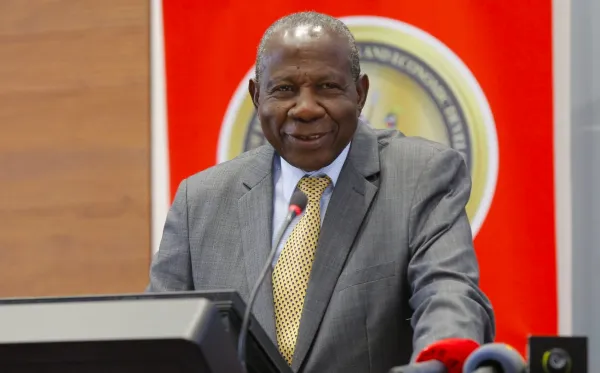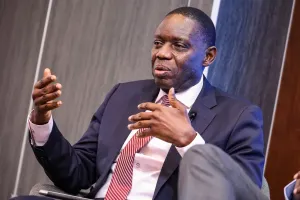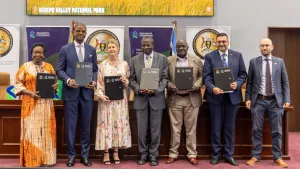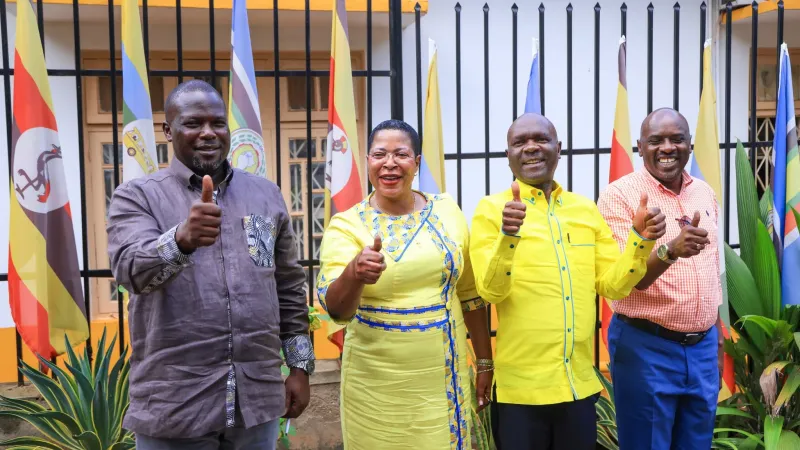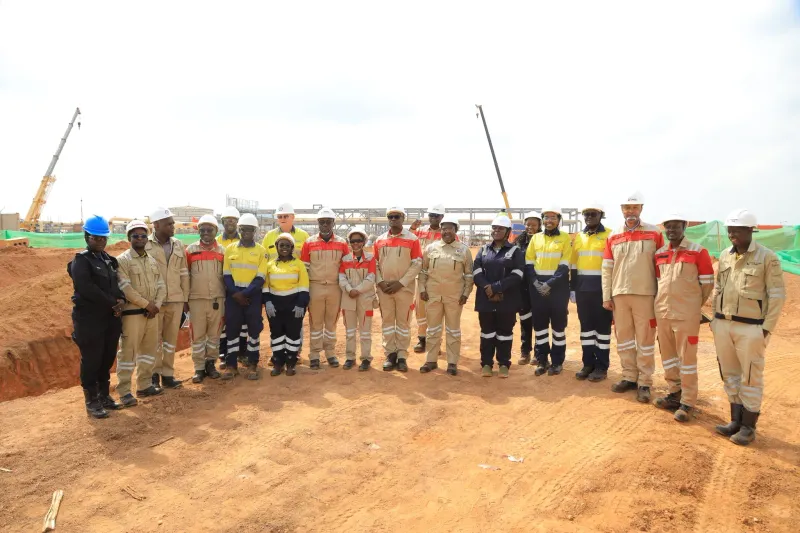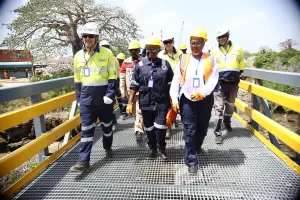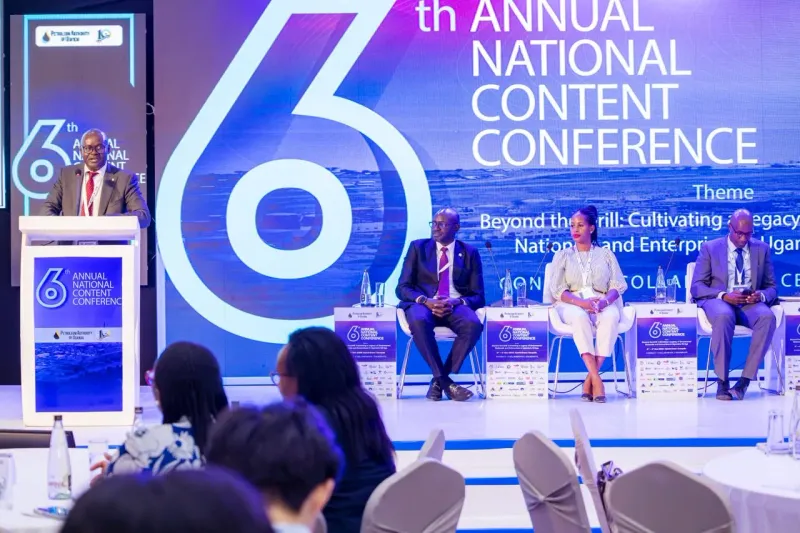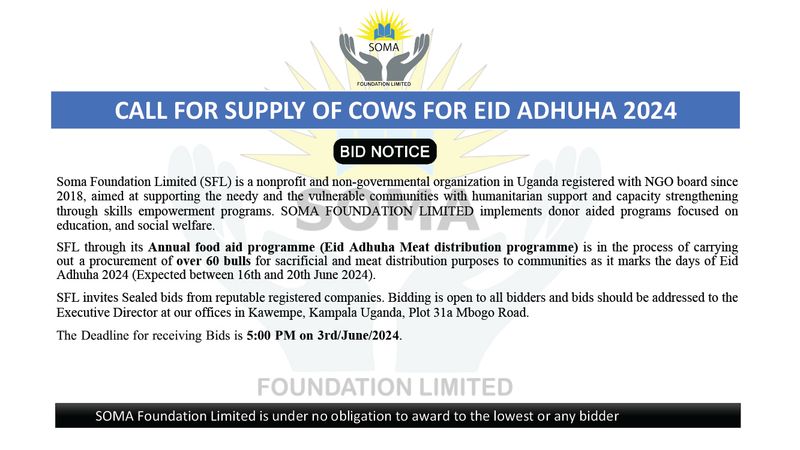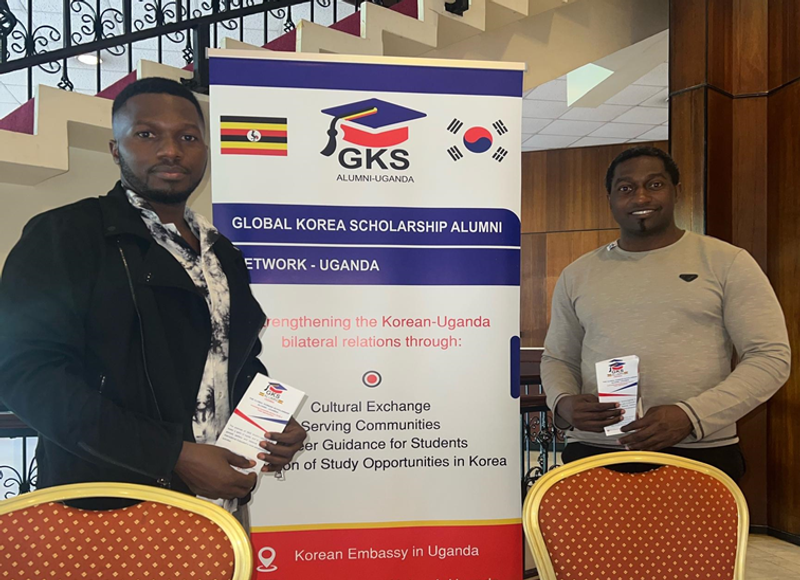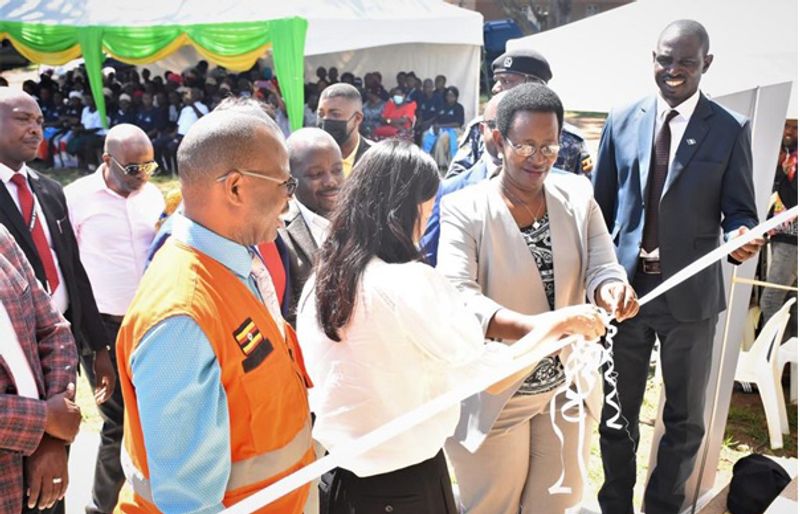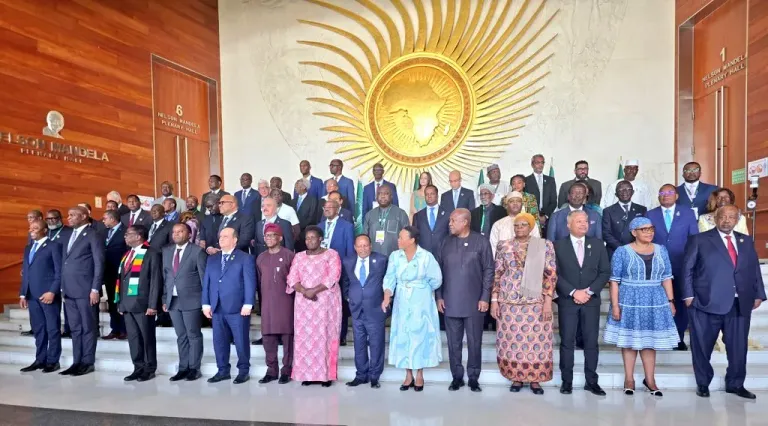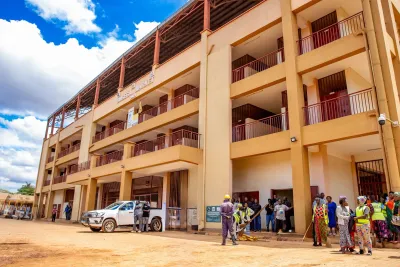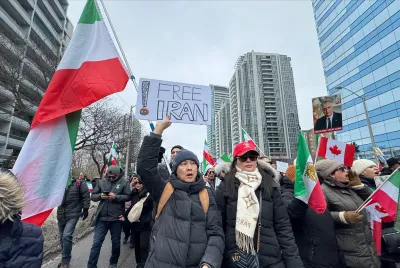Latest News
latest
- Uganda to Receive 94,560 Doses of Long‑Acting HIV Prevention Injection Lenacapavir
- U.S. Embassy in Uganda: Visas May Be Denied for Travel to Give Birth in U.S
- Uganda Airlines Grounds Two Long-Haul Aircraft, Disrupts London and Mumbai Flights
- KCCA Clears Street Vendors in Kampala CBD, Relocates Batembeyi to Designated Markets
- Uganda Judiciary Reviews Justice 4 Her Project to Improve GBV Case Handling
- Uganda and UAE Implement Visa Waiver for Diplomatic and Service Passport Holders – February 2026
- MoFPED Launches 2025/26–2029/30 Strategic Plan to Strengthen Fiscal Credibility, Support Tenfold Growth
- Ramadan and Lent Begin on the Same Day for First Time in Nearly 30 Years as Christians Mark Ash Wednesday
- FDC’s Yusuf Nsibambi Officially Joins NRM After Meeting President Museveni
- Museveni Meets IMF Official Abebe Selassie, Pushes Value Addition and Lower Business Costs for Uganda
- President Museveni Directs Uganda Airlines Leadership Change, Appoints Girma Wake as Acting CEO
- Makerere Partners with UK’s University of Central Lancashire on Veterinary Research
EACOP Project Reaches 79% Completion as Construction Peaks in Uganda and Tanzania
'The East African Crude Oil Pipeline (EACOP) has reached 79 percent completion, with construction progressing rapidly in Uganda and Tanzania as the project advances toward commissioning in 2026.'




